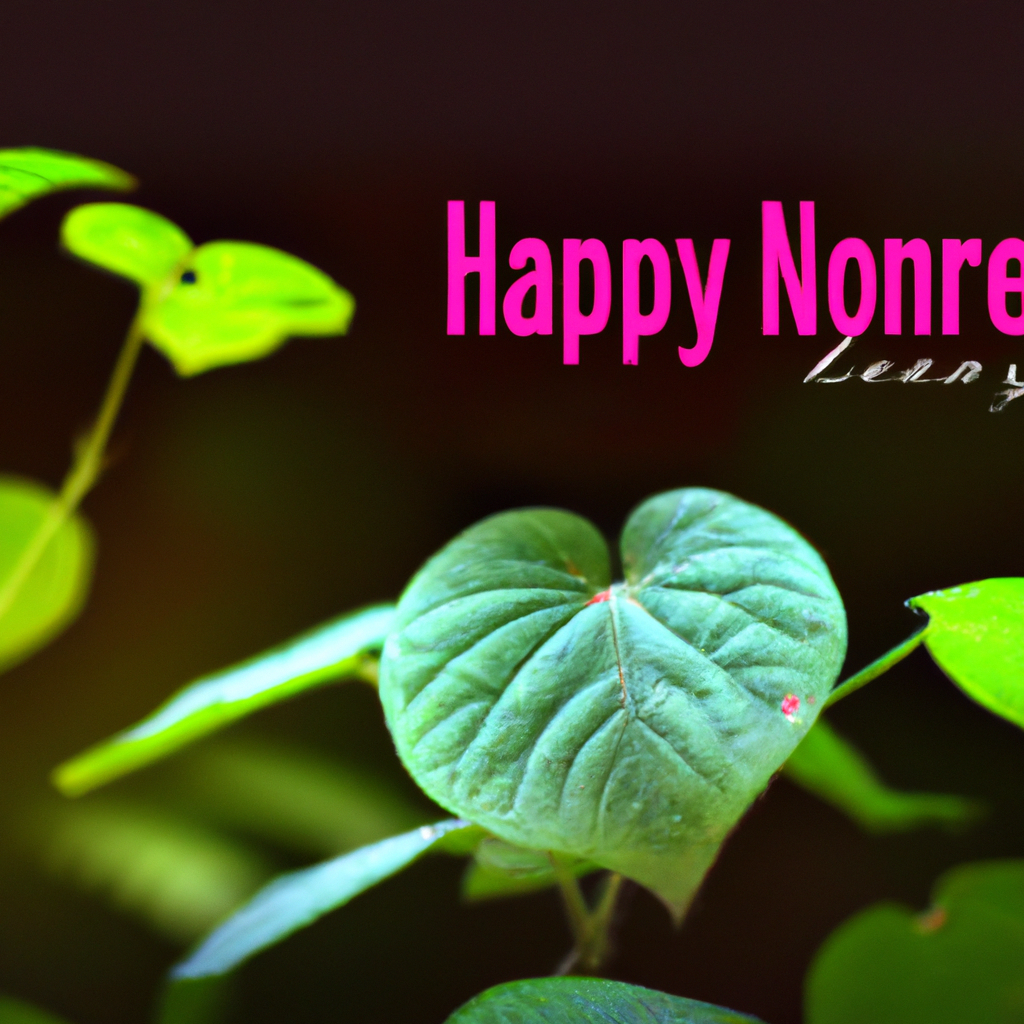The Allure of Dominance and Submission
In our collective psyche, the dance between dominance and submission holds a particular allure. But why? What is it about this balance of power and surrender that resonates so deeply with so many?
Understanding Basic Human Desires
At our core, we humans have an intrinsic need to both exert control and, at times, relinquish it. Think back to our primal days – hunting, gathering, and the rawness of nature. There’s a thrill in the chase, in asserting oneself, just as there’s a profound peace in letting go and being guided.
Table: Dominance vs. Submission – A Quick Look
| Aspect | Dominance | Submission |
|---|---|---|
| Basic Desire | Exerting control | Relinquishing control |
| Common Feelings | Empowerment, confidence | Trust, relief |
| Possible Benefits | Sense of accomplishment, leadership skills | Reduced stress, heightened sensory experiences |
“It’s a push and pull – a delicate balance that has danced through the annals of history.”
Historical Context
Delve into the tapestries of history, and you’ll find the threads of dominance and submission intricately woven in. From ancient civilizations to modern societal norms, this dynamic has played a pivotal role. Remember those powerful pharaohs of Egypt? They epitomized dominance, whereas their subjects showcased submission. Yet, is the dynamic the same today?
“While forms of dominance and submission have evolved, the underlying emotions remain rooted in our human experience,” says renowned relationship expert Dr. Jane Adams.
But before we venture further into modern interpretations, let’s pause and reflect. Do our personal experiences of dominance and submission mirror those of our ancestors? Or have they, like everything else, transformed with the sands of time?
The “Do Me Harder” Fantasy Explained
Ah, the whispered words, the entangled sheets, and the heady rush of adrenaline. The “Do me harder” fantasy is more than just a phrase – it’s an exploration of boundaries, trust, and raw desire. But what exactly fuels this particular fantasy?
The Desire for Intensity
In the theater of intimacy, we often yearn for an elevated experience, a crescendo of sorts. That’s where intensity comes in. It’s not about pain or any form of discomfort; it’s about feeling everything more deeply, more vividly.
Imagine standing at the edge of a cliff, feeling the wind in your hair and the drop beneath your feet. It’s exhilarating, isn’t it? That’s what intensity in intimacy aims to achieve – a heightened state where every touch, every sound, and every emotion is magnified.
“Intensity takes us to the brink, offering a tantalizing glimpse of the profound depths of human connection.”
Psychological Underpinnings
Here’s where it gets intriguing. Behind the curtain of physical sensations lie intricate psychological play. The desire to be dominated or to dominate stems from deeper, often unexplored facets of our psyche. Are we echoing societal norms? Are we voicing suppressed desires? Or are we simply seeking an escape from our everyday roles?
In the world of intimacy, where the lines between fantasy and reality blur, we often find profound truths about ourselves. As we often say, the mind is the most potent erogenous zone.
Pop Culture’s Influence
There’s no denying it – pop culture has played a pivotal role in shaping our perceptions, desires, and fantasies. From steamy scenes in blockbuster movies to the rise of erotic literature, the media has both reflected and influenced our intimate inclinations.
Fifty Shades of Grey and Beyond
When E.L. James penned Fifty Shades of Grey, few predicted the tidal wave it would set off in bedrooms and conversations worldwide. But what did this trilogy illuminate about our collective desires?
- Impact on Sales of Intimate Products: Post Fifty Shades, there was a notable surge in the sales of certain intimate products.
- Conversations Ignited: Suddenly, it was more socially acceptable to discuss once-taboo fantasies.
- Setting Unrealistic Expectations?: With fiction often comes exaggeration. Did the series provide a realistic portrayal, or did it blur the lines?
Table: Influence of Fifty Shades on Product Sales
| Product Type | Sales Increase (%) | User Reviews & Feedback |
|---|---|---|
| Blindfolds | 45 | “Heightened senses made the experience exhilarating” |
| Handcuffs | 60 | “A fun addition but needs trust & mutual consent” |
| Whips | 35 | “More symbolic than practical for many” |
Risks of Misinformation
It’s a double-edged sword. While pop culture has opened avenues for discussion, it’s also rife with misinformation. What’s showcased isn’t always safe, consensual, or realistic. For every authentic portrayal, there’s a glamorized or oversimplified depiction that might mislead.
- Differentiating Fiction from Reality: Hollywood isn’t always real life.
- The Importance of Research: Before experimenting, it’s vital to seek out reliable resources.
“Art imitates life and life imitates art. But when it comes to intimacy, it’s imperative to recognize the line between the two.” – Dr. Sylvia Martinez, Sexologist
Dominance in Relationships: Beyond the Bedroom
Dominance and submission aren’t just relegated to the bedroom. They manifest in our daily interactions, in the roles we assume, and in the power dynamics that subtly play out in various spheres of life.
H3: Everyday Power Dynamics
From who decides the restaurant for dinner to who controls the TV remote, dominance and submission are omnipresent. But are these instances harmless, or do they reflect deeper patterns?
- Recognizing Dominant Behavior: It’s not always overt. Sometimes, it’s in the unsaid, the gestures, the tone.
- When Dominance Turns Toxic: Dominance is healthy until it’s not. When does it cross the line?
Balancing Power in Relationships
Every relationship, be it platonic or romantic, thrives on a balance. But what happens when the scales tip? How do you maintain equilibrium?
- Open Communication: The bedrock of understanding.
- Setting Boundaries: Knowing where to draw the line.
- Mutual Respect: Seeing and treating each other as equals.
“Dominance, in its true essence, should never eclipse mutual respect and understanding. It’s a dance – one leads, but the other chooses to follow.”
Navigating the World of Safe Rough Play
As intriguing as the realms of dominance and submission can be, safety remains paramount. Safe rough play is about mutual consent, understanding, and constant communication. It’s where trust meets desire.
Setting Boundaries
Boundaries act as the guidelines in any intimate adventure. Just as a map delineates terrains, boundaries guide partners on what’s permissible and what’s off-limits.
- Pre-discussion: Always converse before delving into new territories.
- Use of Safe Words: A verbal cue to halt or slow down. It’s the brake in the vehicle of rough play.
- Aftercare: The post-intimacy period where partners check in on each other’s emotional and physical well-being.
“Setting boundaries is not about limitations, but about creating a safe space to explore and connect.“
The Role of Props and Enhancements
Props can often accentuate the experience. However, they need to be used judiciously and safely.
Table: Common Props and Their Safe Usage
| Prop | Purpose | Safety Tips |
|---|---|---|
| Blindfolds | Heightens other senses | Ensure it’s not too tight; always check for signs of discomfort |
| Handcuffs | Restraint play | Use ones with quick release; avoid putting too much pressure |
| Feathers/Ticklers | Sensory play | Always check for allergic reactions |
The Psychology Behind Dominant-Submissive Dynamics
While the physical elements of this fantasy are evident, the psychological underpinnings are deep, intricate, and worthy of exploration.
Echoes from the Past?
Our personal histories often shape our desires. Childhood experiences, past relationships, and even societal structures play a role. Are our desires born, made, or a combination of both?
- Influence of Upbringing: How family dynamics may shape dominant or submissive tendencies.
- Past Relationships: Can they leave imprints on our intimate inclinations?
The Therapeutic Angle
For some, delving into these fantasies offers therapeutic release. It’s not always about the physical, but often about emotional catharsis.
- Role Play as Release: How assuming a temporary role can offer relief from daily stresses.
- Control Dynamics: The dichotomy of control – having it, losing it, and finding balance.
“For many, the realm of dominance and submission isn’t just about physicality. It’s an emotional journey, a deep dive into the recesses of the mind.”
Misconceptions and Myths
In the realm of intimate fantasies, especially those pertaining to dominance and submission, there’s no shortage of misconceptions. Let’s dismantle some of the most common myths that often cast shadows over the reality of this fantasy.
“It’s All About Pain”
One of the most common misconceptions is equating rough play with a love for pain. While some might enjoy a heightened sensory experience, it’s not a universal rule.
- Pleasure vs. Pain: The thin line that defines them and their interplay.
- Sensory Exploration: How different stimuli can heighten the overall experience.
“It’s not about pain, but about feeling – deeply and intensely.“
“Only Certain ‘Types’ Have These Fantasies”
There’s often a stereotype that only specific “types” of individuals indulge in or desire dominant-submissive dynamics. But desires know no labels.
- Breaking Stereotypes: CEOs who prefer submission, homemakers who dominate, and everything in-between.
- The Universality of Fantasy: Fantasies are human, not confined by socio-economic or professional labels.
Table: Stereotypes vs. Reality in Dominance Dynamics
| Stereotype | Reality |
|---|---|
| Only “powerful” people dominate | Many in powerful positions seek the opposite in intimate settings |
| Submission indicates weakness | Submission requires strength, trust, and confidence |
The Role of Literature and Art
From the ancient erotic scriptures to contemporary literature, the dance of dominance and submission has been a recurrent theme. But what does it reflect?
Literature as a Mirror
Literature, throughout ages, has mirrored societal values, taboos, and desires. Dominance dynamics, in many classic and modern works, are no exception.
- Ancient Texts: Exploring dominance in scriptures like the Kama Sutra and classic literature.
- Modern Takes: How contemporary authors navigate and portray these dynamics.
Artistic Representations
Beyond the written word, art too has dabbled in portraying these dynamics, often symbolically.
- Paintings & Sculptures: Decoding dominant-submissive imageries from Renaissance art to modern exhibits.
- Movies & Music: The portrayal of these dynamics in pop culture and what they signify.
“Art and literature are the society’s mirrors, reflecting not just the external, but the deep-seated desires, fears, and norms.”
The Science Behind the Fantasy
Delving deeper, there’s more to the “Do me harder” fantasy than meets the eye. Science offers intriguing insights into why such dynamics may resonate with so many.
Neurological Perspectives
Our brains are intricate landscapes where neurotransmitters, emotions, and memories interplay. So, what lights up when we delve into our fantasies?
- Brain Chemistry: The role of dopamine, serotonin, and oxytocin in dominant-submissive dynamics.
- Neural Pathways: How repeated fantasies or experiences can shape our neural responses.
“The brain, not just the heart, has its reasons that reason knows nothing of.“
Evolutionary Angle
Looking back, can our primal ancestors offer insights into these desires?
- Power Dynamics in the Animal Kingdom: Dominance hierarchies and what they signify.
- Evolutionary Advantages: Did dominant-submissive dynamics offer evolutionary perks?
Table: Evolutionary Perspective on Dominant-Submissive Dynamics
| Aspect | Primitive Societies | Modern Context |
|---|---|---|
| Dominance Displays | Resource allocation | Socio-economic hierarchies |
| Submissive Displays | Avoiding conflicts | Navigating modern societal norms |
Building Trust and Ensuring Safety
At the crux of exploring any fantasy, especially one involving power dynamics, lies the undeniable importance of trust and safety.
The Pillars of Trust
Trust isn’t built in a day. It’s a continuous process, especially crucial when venturing into intimate territories.
- Open Dialogues: Ensuring both partners are on the same page.
- Respecting Boundaries: Recognizing and respecting each other’s limits.
Safety First
The realm of dominant-submissive fantasies requires particular attention to safety, both emotional and physical.
- Check-ins: Regularly checking in with your partner during explorations.
- Educate Yourself: Understand tools, props, and dynamics before diving in.
“In the symphony of intimacy, trust and safety are the constant underlying notes, providing depth and resonance.”
In Conclusion
The “Do me harder” fantasy, and the world of dominance and submission, is a vast, intricate landscape that blends the physical, emotional, historical, and even the evolutionary. Understanding it requires empathy, openness, and a deep dive into the many facets that make up human desire.
By shedding light on its many aspects, we aim not just to inform, but to destigmatize, enabling individuals and couples to explore their fantasies safely, consensually, and with greater understanding.



